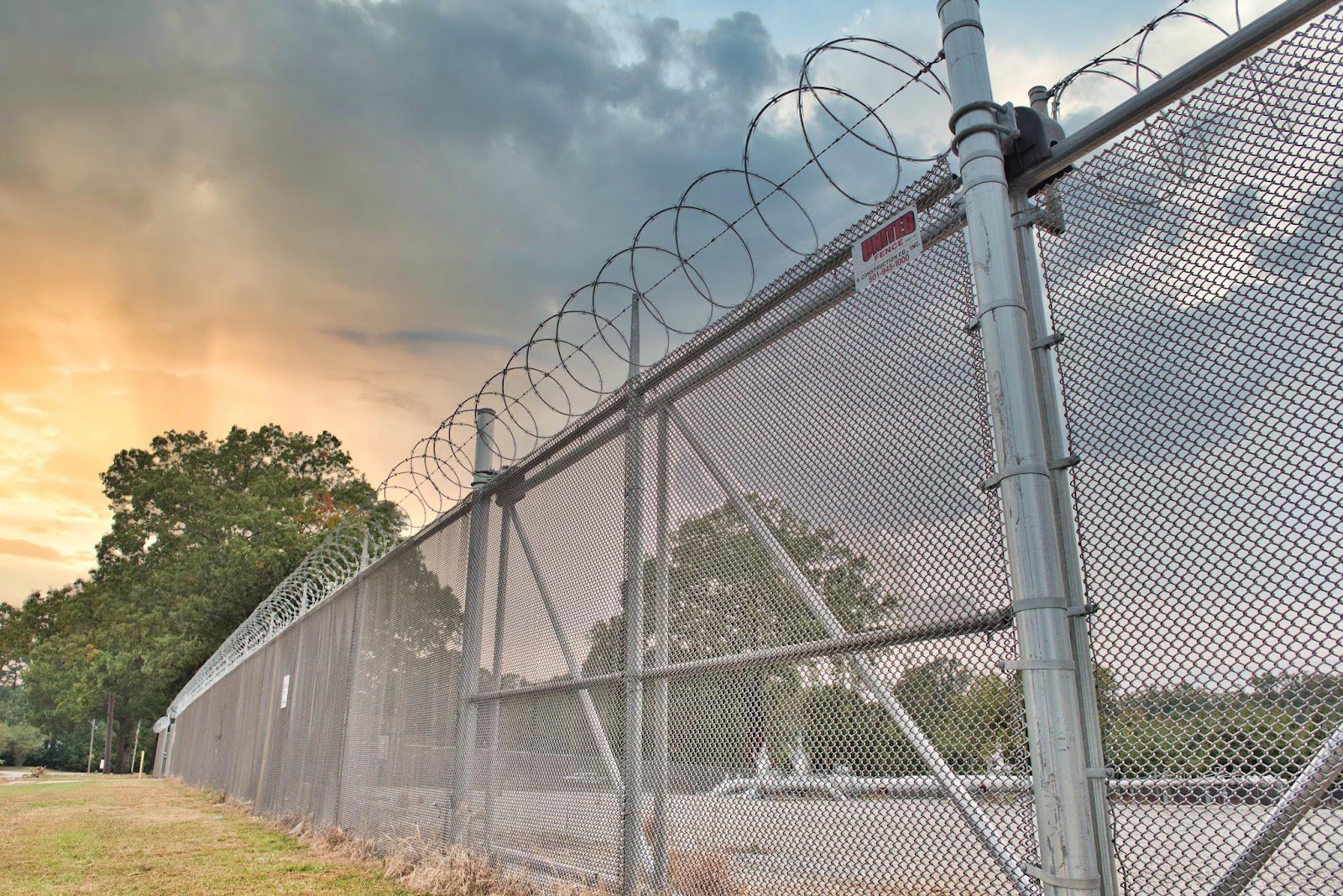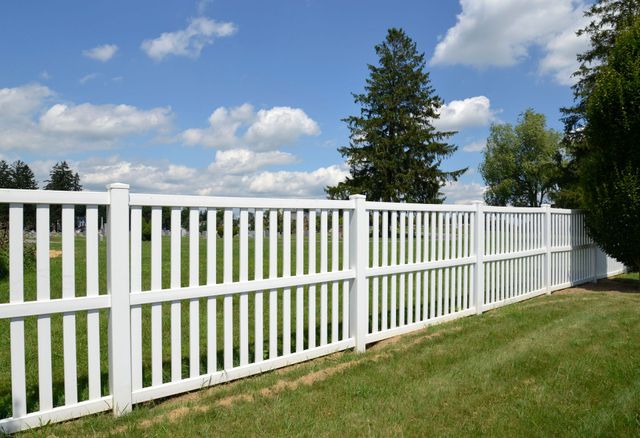All Categories
Featured

When planning to mount a fencing around your residential property, one of the first steps is comprehending the allowing needs in your area. Here's what you require to understand concerning getting the needed licenses for your fencing setup.
Why Do You Required a Permit for a Fencing? A permit is usually needed for fence installations to make certain conformity with neighborhood building regulations, zoning legislations, and safety and security guidelines. Allowing helps regional authorities maintain uniformity in community aesthetics, security, and ecological factors to consider. It likewise guarantees that the fencing does not interfere with utility lines or public areas, and that it adheres to elevation and border limitations.

Usual Authorizations Needed for Fence Installation. Building Authorization. Many areas call for a building authorization for fence installment, specifically if the fencing goes beyond a certain height (generally over 6 feet) or is made from non-standard products. This license makes certain that your fencing adheres to regional building regulations. In some areas, the building division will examine the website to guarantee that the fencing meets safety and security and architectural requirements.
Zoning License. Zoning licenses are developed to make sure that your fence follows local zoning laws, consisting of troubles from residential or commercial property lines, easements, and rights-of-way. Zoning regulations vary from city to city, and in some instances, your fencing may require to be established back a certain variety of feet from the pathway or road. If your fence is in a historic district or various other particularly assigned locations., a zoning permit may likewise be necessary.

Fencing Permit. In some areas, a particular "fence permit" may be required. When developing a fence for household properties, this is usually required. The city government might define the elevation, material, and style of the fence to guarantee it mixes well with the surrounding neighborhood. For instance, some cities limit chain-link surround front lawns or have certain regulations for personal privacy fences.
HOA Authorization. If your home becomes part of a homeowners organization (HOA), you may need authorization before mounting a fence. HOA standards commonly include particular regulations regarding the type, height, color, and products for fences to maintain the community's aesthetics. HOA laws can be more stringent than city codes, so always inspect their standards prior to moving on.
Easement or Energy Authorizations. If your fencing will be near or across an easement (such as an energy easement), you might need to get permission from the energy business or other entities that manage the land. This is especially vital if you intend to dig for fencing posts, as it guarantees you will not harm underground utilities like gas, water, or power lines.
How to Discover What Allows Are Needed. The best means to figure out which licenses are required for your fencing installment is to contact your regional building division or community office. They can offer you with details information regarding needs in your location. Below are a few steps you can take to discover out:
Check the City or Region Web site: Lots of local federal governments offer details concerning fencing installation permits online. Seek structure or zoning sections on their site. Call or Browse Through Citizen Federal Government Workplaces: If the details is not easily available online, calling or checking out the regional office face to face can clarify what's needed. Speak With a Professional Specialist: If you're not sure or overloaded by the process, a neighborhood contractor or fencing installment company can assist in navigating the permitting procedure, as they recognize with local regulations. What Happens If You Don't Obtain a Permit? Falling short to obtain the needed authorizations can cause a variety of effects. In numerous areas, you can encounter fines, and your fencing may be ordered to be gotten rid of. Furthermore, if you market your residential property in the future, the absence of proper licenses can be a red flag for customers and impact the sale. Permitting guarantees that your fence is compliant and helps avoid future difficulties.
Verdict. Prior to installing a fencing around your home, it's necessary to check whether a license is called for in your area. Structure licenses, zoning authorizations, HOA authorization, and energy approvals may all play a role in your fencing installment procedure. Making the effort to study and obtain the needed authorizations will not only make certain that you're complying with local policies, but also assist safeguard your investment and maintain the honesty of your residential or commercial property.
Latest Posts
Check Out the Premier Auto Repair Offers in Montclare, Chicago
Published May 27, 25
1 min read
Find the Premier Auto Repair Offers in Montclare, Chicago
Published May 27, 25
1 min read
Explore Reduce Expenses on Car Maintenance with Montclare Auto Repair’s Limited-Time Deals
Published May 26, 25
1 min read
More
Latest Posts
Check Out the Premier Auto Repair Offers in Montclare, Chicago
Published May 27, 25
1 min read
Find the Premier Auto Repair Offers in Montclare, Chicago
Published May 27, 25
1 min read
Explore Reduce Expenses on Car Maintenance with Montclare Auto Repair’s Limited-Time Deals
Published May 26, 25
1 min read